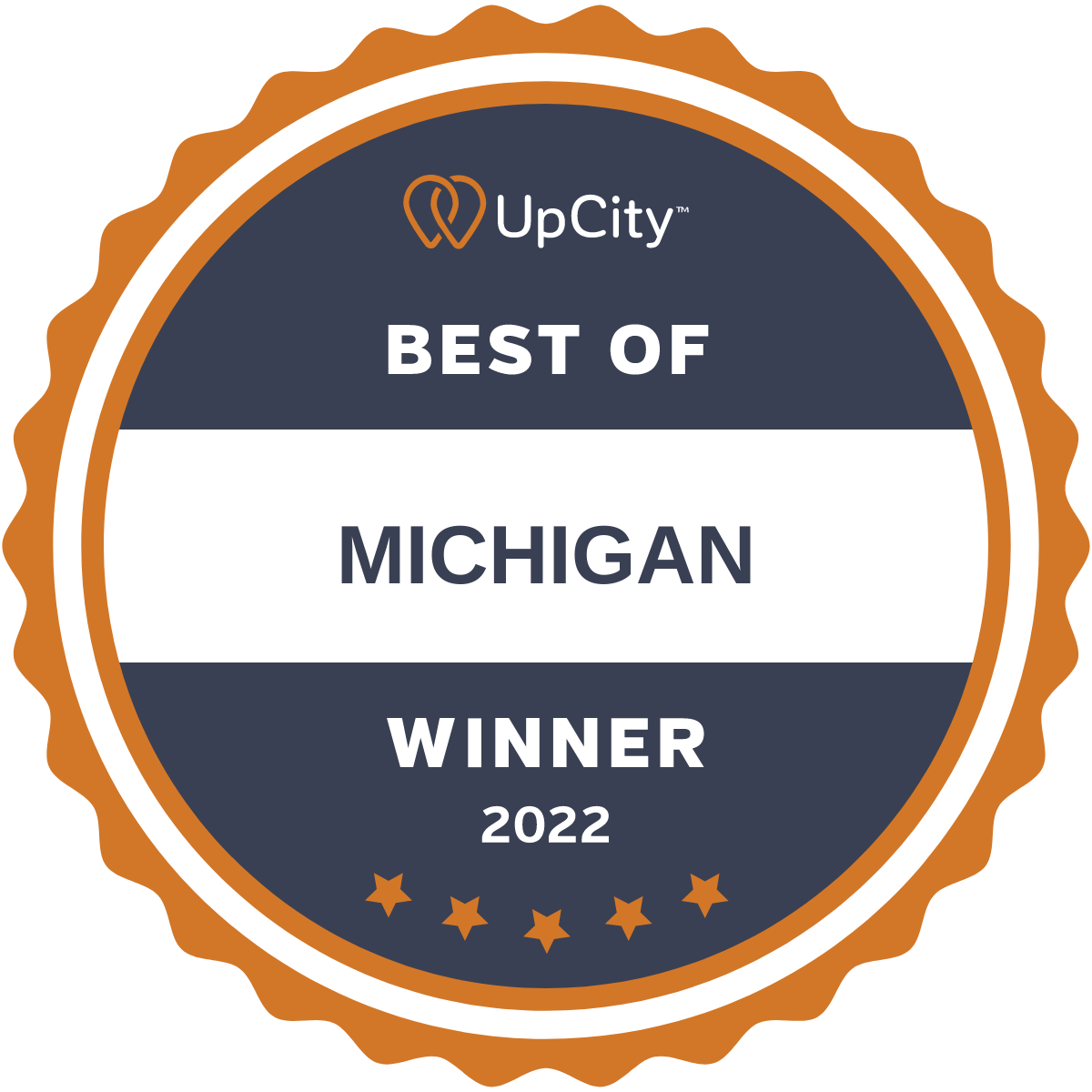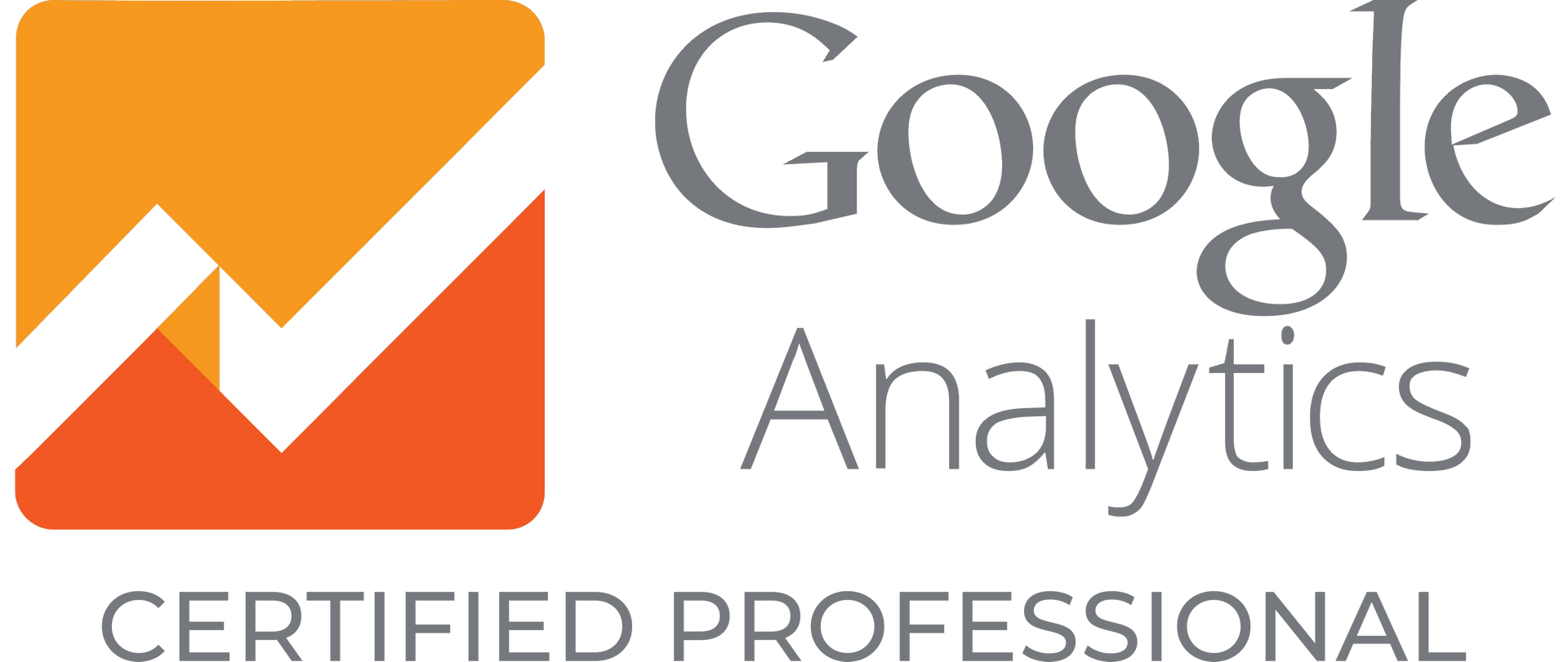Reliable Digital Marketing You Need in the Hospitality Industry
The hospitality industry has undergone a significant transformation in recent years. As more customers turn to the internet for travel planning, accommodation booking, and restaurant recommendations, having reliable digital marketing for the hospitality industry is not just an option—it’s essential for the success of your business.
📲 Do you need help with digital marketing for your hotel, bed & breakfast, travel agency, or any other business in the hospitality industry? Schedule a Call with Speck Designs. 📞
What is Digital Marketing for the Hospitality Industry?
Digital marketing refers to the use of online platforms and strategies to promote a business, reach potential customers, and build long-term relationships.
For the hospitality industry, this includes hotels, resorts, restaurants, travel agencies, and other service providers.
Digital marketing in hospitality involves using tools like websites, social media, email, and online advertising to attract and retain guests. It also includes creating content that educates, entertains, and inspires travelers. With the help of analytics, businesses can track customer behavior, measure campaign success, and improve their services.
For instance, a hotel might use Instagram to showcase its stunning views, an email campaign to inform loyal customers about special offers, or Google Ads to target travelers searching for accommodations. Digital marketing allows businesses to personalize their outreach, making guests feel valued and engaged even before they book.
What is SEO for the Hospitality Industry?
SEO is one of the most crucial aspects of digital marketing for the hospitality industry. SEO involves optimizing a business’s online presence to rank higher in search engine results. For a hotel or restaurant, this could mean appearing at the top of search results when someone looks for "best hotels near me" or "top-rated seafood restaurants."
Effective SEO helps hospitality businesses attract organic traffic, meaning visitors who find the website naturally through search engines without paid ads. Effective strategies take into account SEO ranking factors, including on-page and off-page efforts. This is vital because travelers often rely on search engines like Google when planning trips.
In hospitality, SEO includes several strategies:
- Keyword Research
Identifying the terms potential customers use when searching for services. For example, a luxury resort might target keywords like "beachfront resort in Florida" or "all-inclusive family vacations." - Local SEO
Optimizing content for location-based searches by including details like the city, neighborhood, or landmarks. A restaurant in New York might optimize for "best pizza near Times Square."
High-Quality Content: Publishing blogs, guides, or videos that answer travelers' questions, such as "Top 10 things to do in Paris" or "How to find budget-friendly hotels in Tokyo." - Mobile Optimization
Ensuring websites load quickly and display properly on mobile devices since many travelers use smartphones for research and booking. - Online Reviews and Reputation Management
Encouraging satisfied guests to leave reviews on platforms like Google or TripAdvisor, helps boost search rankings and build trust.
Hospitality SEO not only increases visibility but also builds credibility. When a business consistently appears in search results, customers are more likely to trust it as a reliable choice for their travel or dining needs.

What's the Difference Between Local Marketing and International Marketing for the Hospitality Industry?
The hospitality industry serves both local and international audiences, but the approach to marketing differs significantly depending on the target audience. Understanding these differences is essential for creating successful campaigns.
Local Marketing
Local marketing focuses on attracting customers from a specific geographic area. For hospitality businesses, this might mean targeting residents of the city or nearby towns. Restaurants, boutique hotels, and local attractions often rely on local marketing to fill their venues, especially during off-peak seasons.
Key strategies for local marketing include:
- Geotargeted Ads
Using platforms like Google Ads or Facebook to show promotions to people within a certain radius. For example, a restaurant could offer a "Happy Hour special" to users within a 10-mile range. - Collaborations with Local Businesses
Partnering with nearby attractions, event organizers, or other hospitality businesses to create packages or cross-promotions. - Community Engagement
Hosting events, sponsoring local initiatives, or joining community festivals to build brand awareness. - Local SEO
Optimizing online profiles with accurate contact information, operating hours, and location to appear in "near me" searches.
Local marketing is about creating a sense of familiarity and trust. It emphasizes convenience and caters to the needs of the community.
International Marketing
International marketing, on the other hand, focuses on attracting customers from other countries or regions. This is particularly relevant for luxury resorts, large hotel chains, or tourist destinations aiming to draw travelers from around the globe.
Key strategies for international marketing include:
- Multi-Language Content
Offering website and social media content in multiple languages to cater to diverse audiences. - Cultural Sensitivity
Tailoring campaigns to align with the cultural preferences and values of the target market. For instance, a hotel promoting in Japan might highlight its Zen garden and tea ceremonies. - Global SEO
Targeting keywords relevant to international travelers, such as "best honeymoon destinations in Europe" or "top luxury hotels in Bali." - Social Media Campaigns
Leveraging platforms like Instagram or YouTube to showcase the unique experiences a destination offers, such as adventure activities, cultural heritage, or luxury amenities. - Collaborating with Travel Agencies
Partnering with international travel agencies to include the business in travel packages or promotions.
International marketing requires a broader, more inclusive approach. It often involves leveraging large-scale campaigns to showcase the destination’s uniqueness and appeal to travelers seeking memorable experiences.
Key Differences
Audience Focus
Local marketing targets nearby customers, while international marketing aims at global travelers.
Scale
Local campaigns are typically smaller in scale and budget, while international campaigns often require significant resources.
Content Style
Local campaigns focus on immediate benefits and convenience, whereas international campaigns emphasize destination appeal and cultural experiences.
Channels
Local marketing relies heavily on location-based tools like Google My Business, while international marketing uses global platforms like Expedia or Booking.com.
Key Takeaways
Digital marketing is an essential tool for the hospitality industry, helping businesses attract and engage customers in a highly competitive market. Whether through SEO, local marketing, or international campaigns, the right strategies can significantly boost visibility, bookings, and revenue.
As travelers increasingly rely on digital platforms for research and decision-making, hospitality businesses must embrace digital marketing to stay ahead. By understanding the nuances of SEO and tailoring campaigns for local and international audiences, businesses can create meaningful connections with customers and ensure long-term success.









